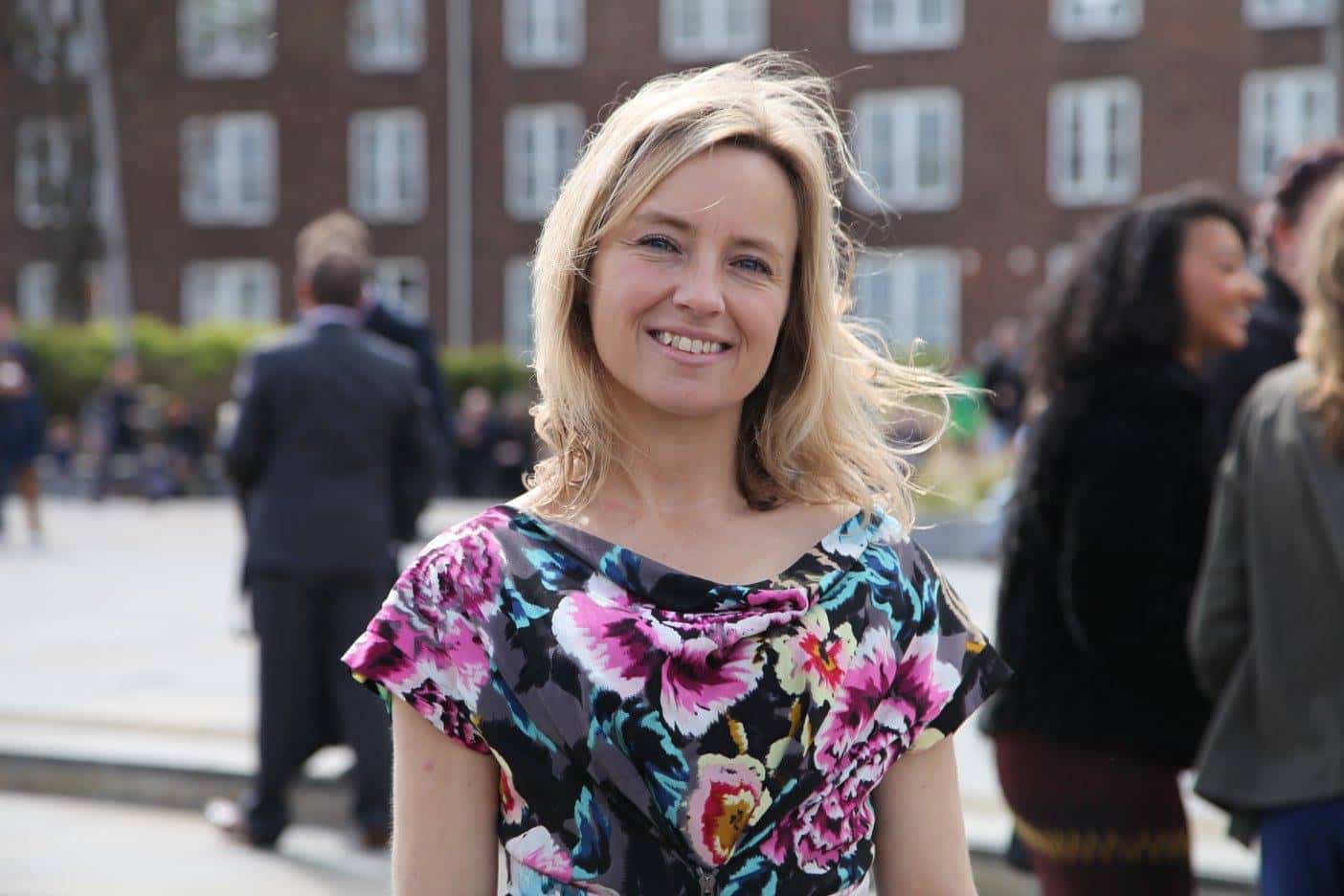EXCITEMENT is mounting for this weekend’s TEDx Royal Tunbridge Wells as final preparations get under way for the inspirational speaking event.
Presenting to the 1,000 capacity Assembly Hall on Saturday afternoon[ 2-10pm, June 10], the array of 18 speakers all come from vastly different backgrounds but will all be discussing transformative discoveries they have made in the past.
One of those guests is returning to Tunbridge Wells after the public reaction to her speech two years ago proved to be the catalyst for her to make a fundamental change in her life.
After her speech gained over 23,000 views online, Maddy Warren, decided to quit her high-paying job as an investment banker and concentrate much more time on campaigning on an issue close to her heart.
After the loss of both her kidneys 20 years ago, due to an autoimmune condition that attacked the vital organ, when she was just 13, she began receiving dialysis at home for six hours every night.
She had a kidney transplant donated from her dad in 2003, but the disease recurred in the new kidney almost immediately, and had to be removed.
Typical dialysis patients have to go to hospital three to four times a week for the treatment but Ms Warren has always championed the liberating effect of self-managed home dialysis care, which she will have managed for 19 years in October.
She has never let her illness get in the way, with a thriving career in investment banking and a completion of more than 300 skydives.
As a last minute stand in, she shared her story and her passion for championing home-based dialysis, speaking to 100 people at Skinners’ Kent Academy, as part of the inaugural TEDx Tunbridge Wells event.
“My ‘accidental’ TEDx talk, since I stood in at the last moment, proved to be utterly serendipitous because the positive response to my message about patient empowerment has really driven me to act on some of my ideas, hence all the changes I’ve since made,” she told the Times.
This has given her the opportunity to give many more talks to the global clinical community, taking her to Japan, the US and all around Europe.
“[The talk] enabled me to connect with so many kidney patients all over the world who have seen the talk and contacted me to ask for advice or to share their stories, which is very humbling. Giving the talk itself was a confidence boosting experience,” she said.








